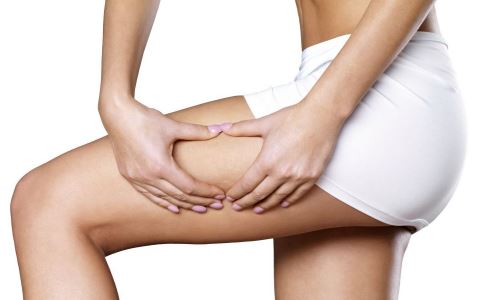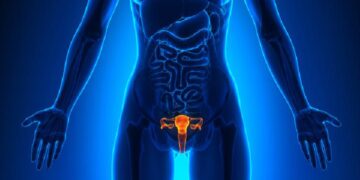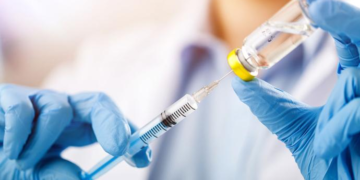
If you deal with computers and paperwork day in and day out, occasionally attending a ball game may make you immobile for days at a time, or even worse, get a more “professional” injury than an athlete. Even if you have been insisting on exercise, but if the amount of exercise on a particular day greatly exceeded the usual habits, injuries are likely to follow. In particular, some sports experts, after stopping exercise for a period of time to return to the “field”, itchy, unconsciously to some “difficult” action, the most likely to occur accidental injuries.
The best way to prevent this is to take it step by step. When trying a new exercise, do not perform more than 15 minutes in a row, and increase some every other day to gradually reach the ideal amount of exercise.
The best time to run every day
The best time to run every day: around 5 o’clock in the evening
According to the principle of human biological clock regulation, the body’s adaptability and physical strength are mobilized to play the best in the afternoon and close to the evening (about 4:00 to 6:00), when most people are calm and stable, full of physical strength, the flexibility, coordination, accuracy and adaptability of technical activities are in the best state, so running in this time is also a very good choice.
However, the real problem is that these two periods are exactly the time when we are busy with work and study. Although the body function is in good condition, but except for professional athletes, I am afraid that not many people can have the conditions to do sports in these two hours.

A study published by the University of Chicago Clinical Research Center 20 reported that the body’s biological clock plays a more important role in the body’s response to exercise than previously thought. This result may change the habit of people to exercise in the morning.

The research center conducted a study of the body’s response to exercise at different times of the day (hormone levels) on 40 men aged 30 to 40 years old, and found that the body’s metabolism reacted most strongly to physical exercise during the evening and nighttime hours.
The University of Chicago researchers said, “During the night or evening, corticosterol, which is associated with fat metabolism, and thyroid stimulating hormone (in blood levels), which is associated with muscle repair, rise dramatically.”
As an example, the researchers said that blood tests performed in the morning after an hour of intense exercise on a treadmill showed levels of the hormones comparable to those found during bed rest at the same time. And after the same exercise at 7 p.m. to 2 a.m. the next day, hormone levels were much higher than at other times. This suggests that the hormonal response to exercise at different times in the body is controlled by the biological clock or physiological rhythm.





































